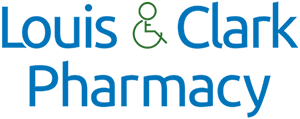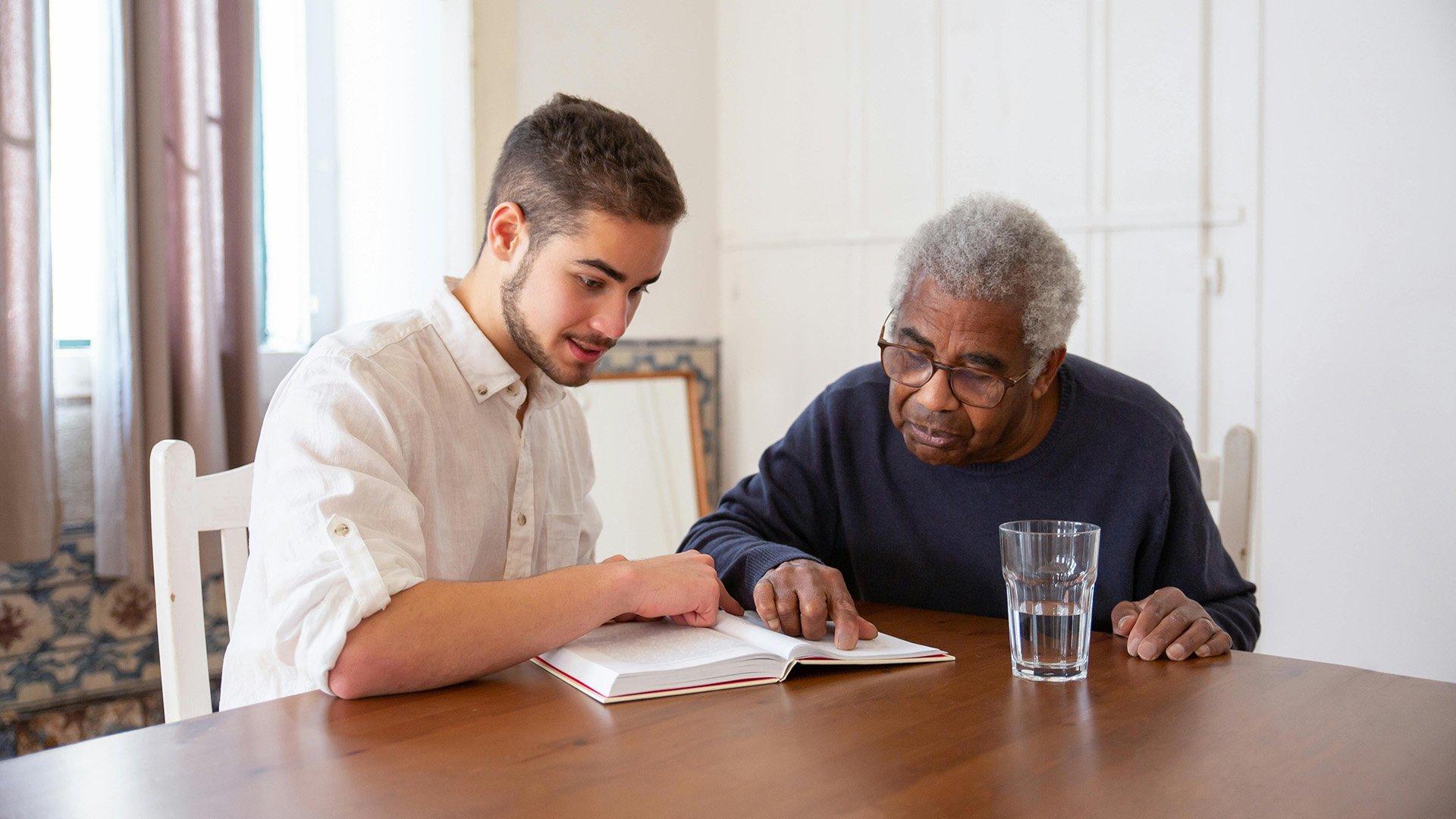As caregivers, you’re often the bridge between the elderly in your care and their healthcare providers. This means ensuring that the seniors you care for receive the right medications and treatments, and they understand why and how they need to follow their care plans. Since October is Health Literacy Month, it’s a perfect time to talk about your critical role as a caregiver.
Why Health Literacy Matters
Health literacy is more than just reading and understanding medical information. It’s about making sure people have the knowledge they need to make informed decisions about their health. Unfortunately, nearly nine out of 10 adults struggle to understand health information, especially when it’s presented with complex medical terms or instructions.
For seniors who may already be dealing with multiple medications, chronic conditions or cognitive decline, health literacy challenges can significantly impact their well-being. In fact, it can lead to higher rates of hospital visits and an increase in avoidable health complications. It’s estimated that improving health literacy could save the healthcare system over $25 billion a year and prevent close to one million hospitalizations annually.
Simple Steps Caregivers Can Take to Help
Improving health literacy doesn’t require a degree in medicine. Instead, it’s about using clear communication techniques to ensure that the elderly in your care fully understand what they need to do to stay healthy.
Here are some communication strategies you can use:
1. Practice the Teach-Back Method
The Teach-back method is an effective way to confirm that a senior has understood their care plan or medication instructions. After explaining something, ask them to repeat back what they’ve heard in their own words. This ensures they grasp the information correctly.
For example, if you’re discussing how to take a medication, you could say, “Just to make sure I explained that clearly, can you tell me how you’ll take this medication?”
This method is shown to improve communication and reduce misunderstandings, promoting health equity by ensuring every patient fully understands their care.
2. Use Clear and Simple Language
Avoid using medical jargon when discussing health information with seniors or any patients. Stick to familiar terms and simplify complex concepts.
For example, instead of saying “antibiotic,” try saying “medicine to fight infection.” This makes it easier for seniors to process and act on the information.
3. Break Down Information into Manageable Steps
Large chunks of information can be overwhelming. Break it down into smaller, more digestible parts. When discussing a care plan, focus on one aspect at a time—like medication instructions or dietary changes—before moving on to the next.
4. Use Visual Aids When Possible
Many seniors process information better when it’s presented visually. Use pictures, diagrams or charts to explain medications, treatment schedules or even how to manage conditions like diabetes or high blood pressure. Visual aids can make abstract concepts more concrete.
5. Encourage Questions
Create an environment where seniors feel comfortable asking questions. Some may be hesitant to speak up, thinking they don’t want to be a burden. Reassure them that their questions are important and that it’s okay to ask for clarification if something isn’t clear.
Promoting Health Equity Through Health Literacy
Improving health literacy isn’t just about improving individual health outcomes; it’s about promoting health equity. Seniors from different backgrounds may have varying levels of education or access to healthcare, and many may have never had the opportunity to learn about managing their health. By practicing clear communication and using methods like Teach-back, you’re enhancing their understanding and helping close gaps in care and support.
As a caregiver, you’re in a unique position to help the elderly not just survive but thrive. By focusing on health literacy, you’re empowering seniors to take an active role in their health, leading to better outcomes, fewer hospital visits and a higher quality of life.
We know you have a lot on your plate, which is why we offer innovative solutions to help streamline medication management, so you have more time for other things that matter, like health literacy.
If you ever need guidance or resources on medication management, don’t hesitate to reach out. We’re here to support you and the people you care for!

